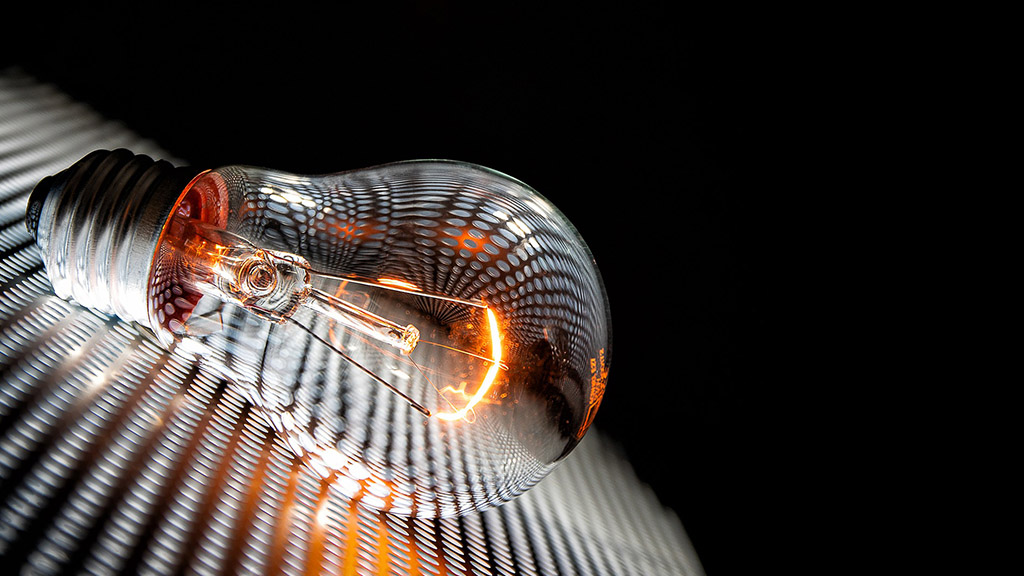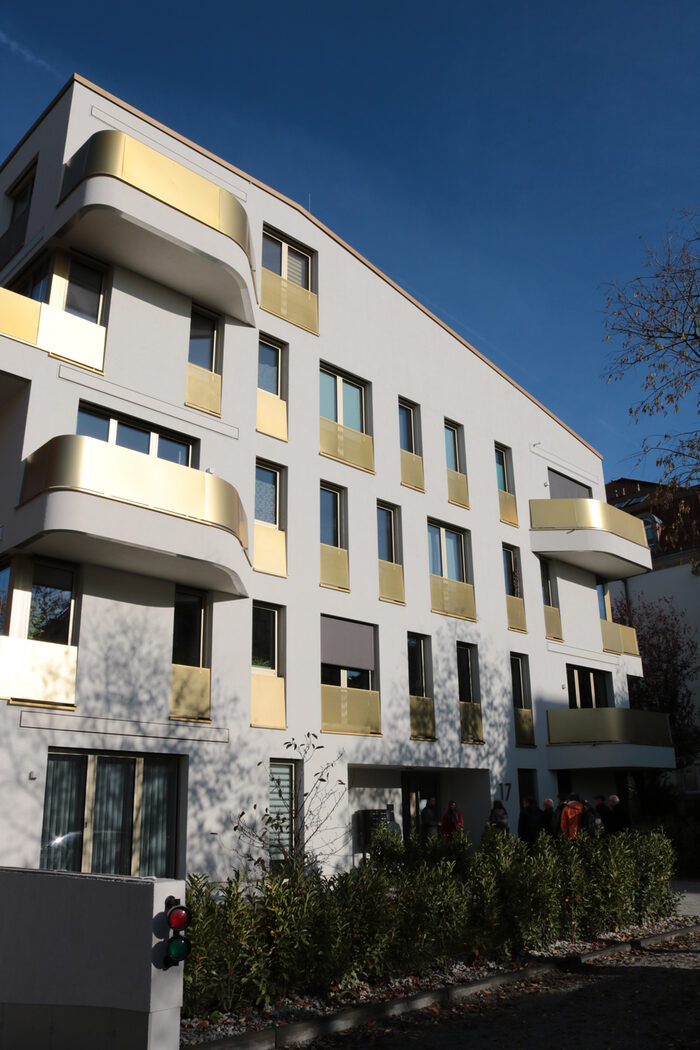|
Landeshauptstadt Dresden - www.dresden.de https://www.dresden.de/en/business/location/key-sectors/smart-energy-eng.php 11.09.2023 15:31:18 Uhr 27.07.2024 03:28:43 Uhr |
|
Smart Energy
The requirements for the Energiewende energy-policy transition has given rise to many different considerations regarding what our future city might look like. In the course of the EU’s MAtchUP project financed by HORIZON 2020, the City of Dresden is using the example of the Johannstadt district to test 48 measures for sustainable urban development. These include using renewable energies, flexible-load electricity rates, models for decentralised electricity to tenants etc. in conjunction with broad civic involvement. The resulting measures serve as examples for learning partners, known as ‘follower cities’ – Skopje (Dresden’s partner city in Macedonia), Herzlia (Israel), Ostend (Belgium) and Kerava (Finland).
Dresden’s ‘Zukunftshaus’, where much of these technologies are used, showing how tenants can participate in new energy and IT models in a city’s existing buildings, is an example of how this might be applied in real life in future. The experiences gained in relation to what can be done within a city’s existing structures will serve as a blueprint for future projects.
The city itself is also establishing a Building Control Centre for its municipal properties. This will record energy consumption at schools, day-care centres and government buildings, and then optimise it.
Artificial intelligence, electromobility and the increasing digitalisation of the working world all require electricity. On the other hand, the systems are such that they provide tremendous potential for saving power and CO2. For example, modern technologies can be used to connect power grids more efficiently, meaning less consumption overall. But this also needs new pathways and scenarios. From 2017 to 2021, Dresden was an active partner in the WindNODE project, which was financed by the German Federal Ministry of Education and Research (BMBF) and was labelled as the ‘showcase for smart energy from north-eastern Germany’. More than 70 partners worked on sample solutions for the 100% renewable, smart energy system of the future as part of 50 different work packages.
Dresden contributed to WindNODE in its capacity as a high-technology hub with a high proportion of energy-intensive industries and a wide variety of research institutions. The city also has a number of municipal properties, owner-operated municipal enterprises and municipal establishments. Collectively, these generate tremendous opportunities to save energy, as well as to balance loads within the power grid over the short and medium term. The City of Dresden’s ‘Dresden model region / Municipal load-transfer potential’ sub-project examined and tapped the city’s reserves relating to this. WindNODE thus saw the City of Dresden focus on the ‘District concepts – smart city prototypes’ work package.









